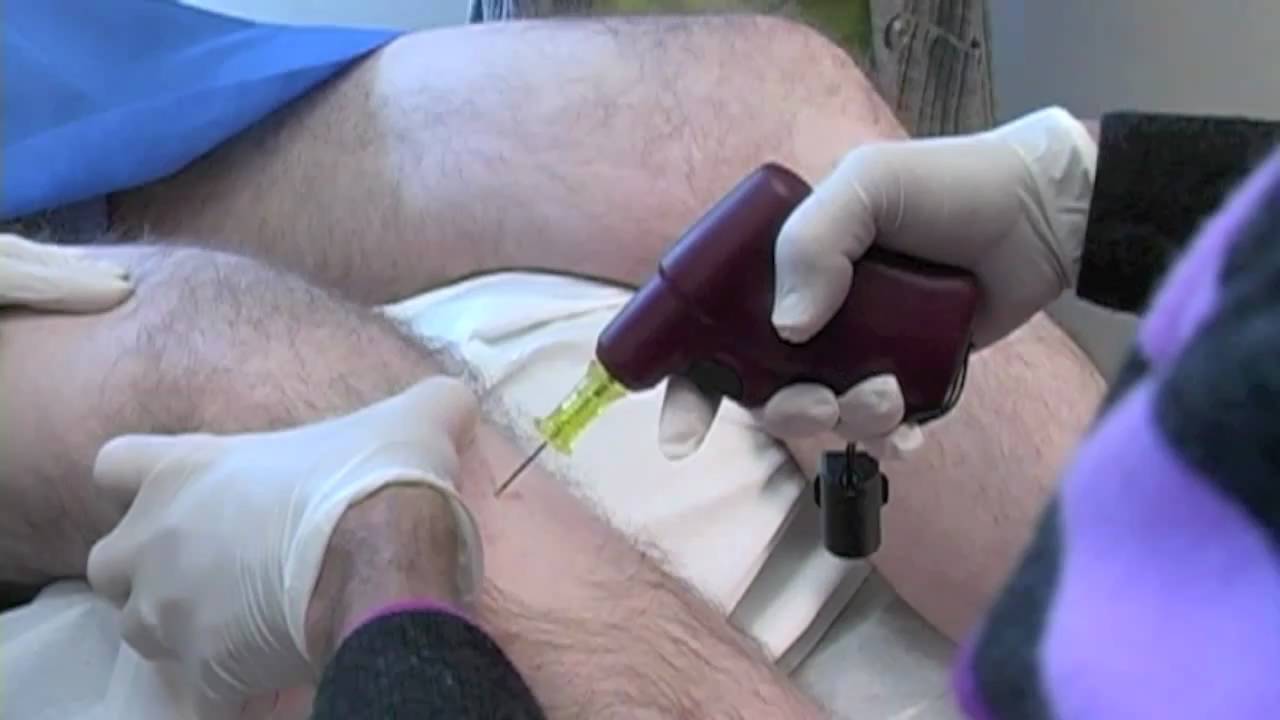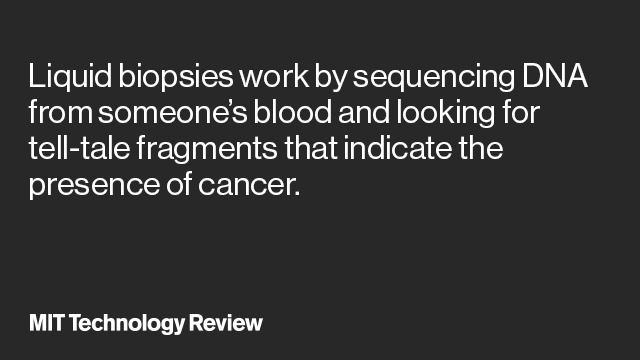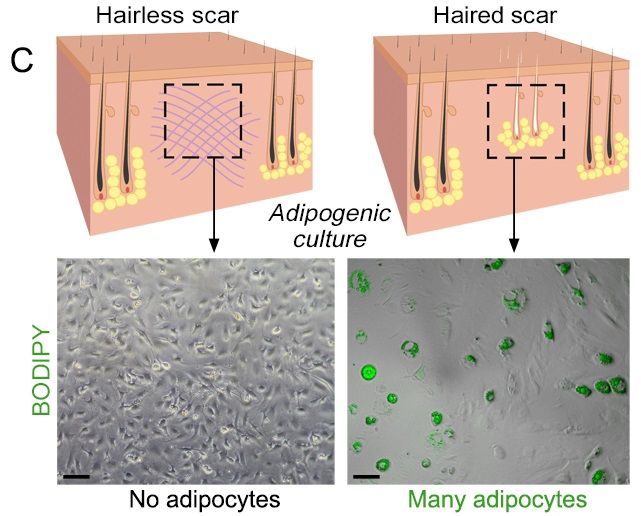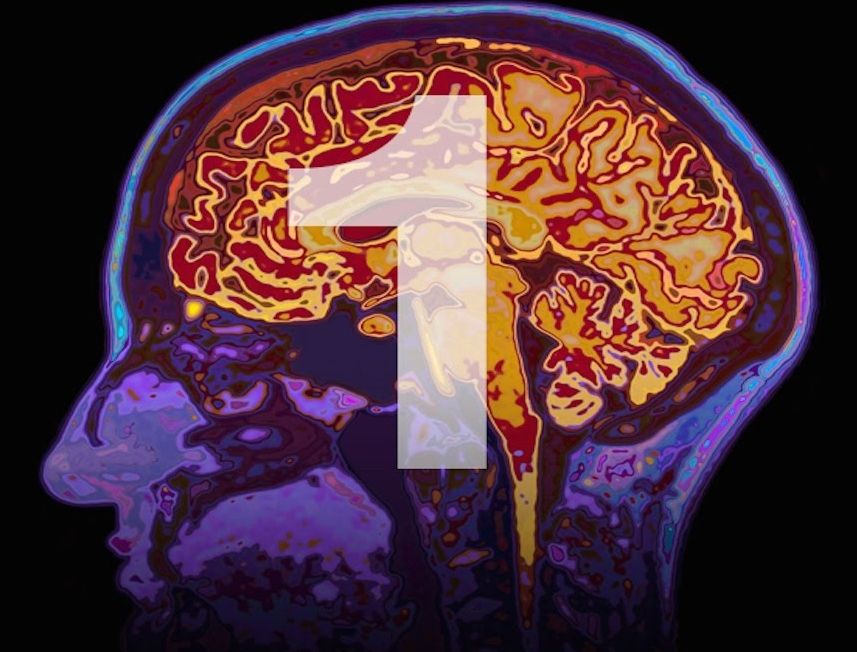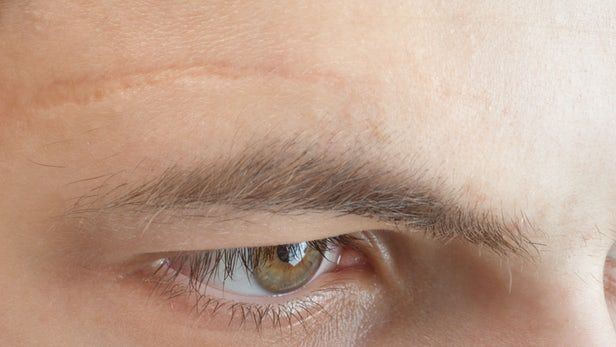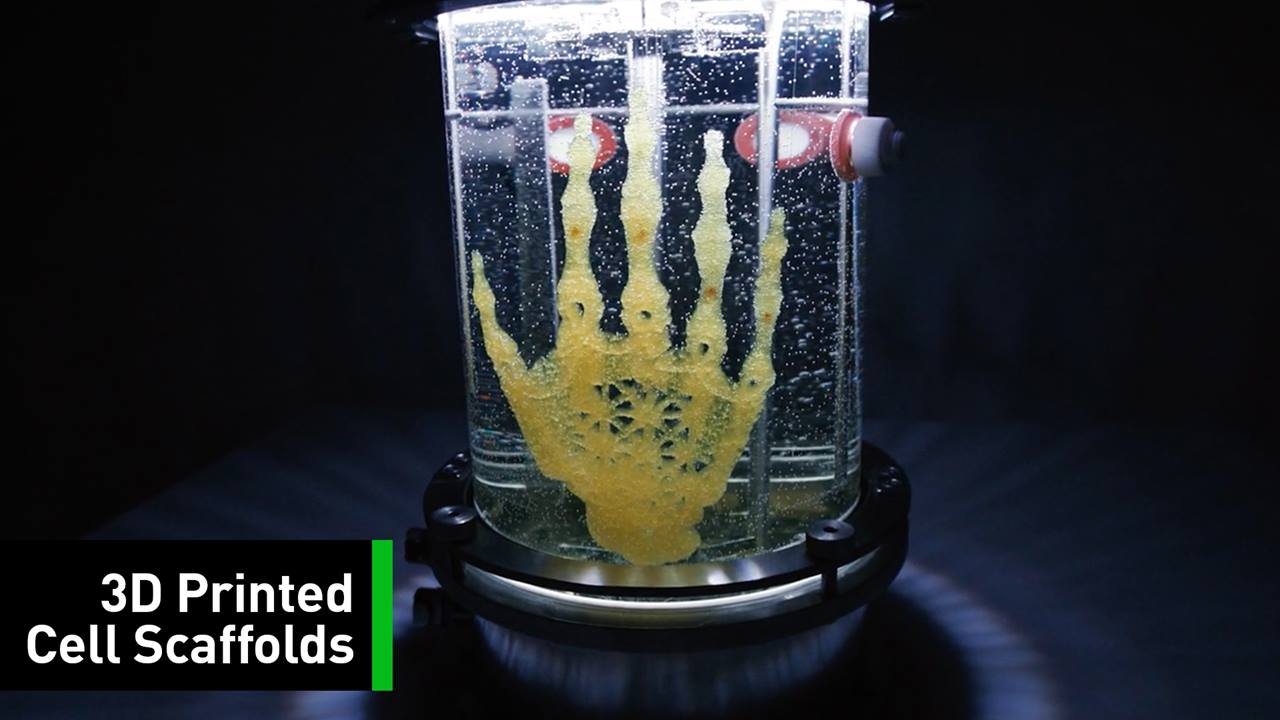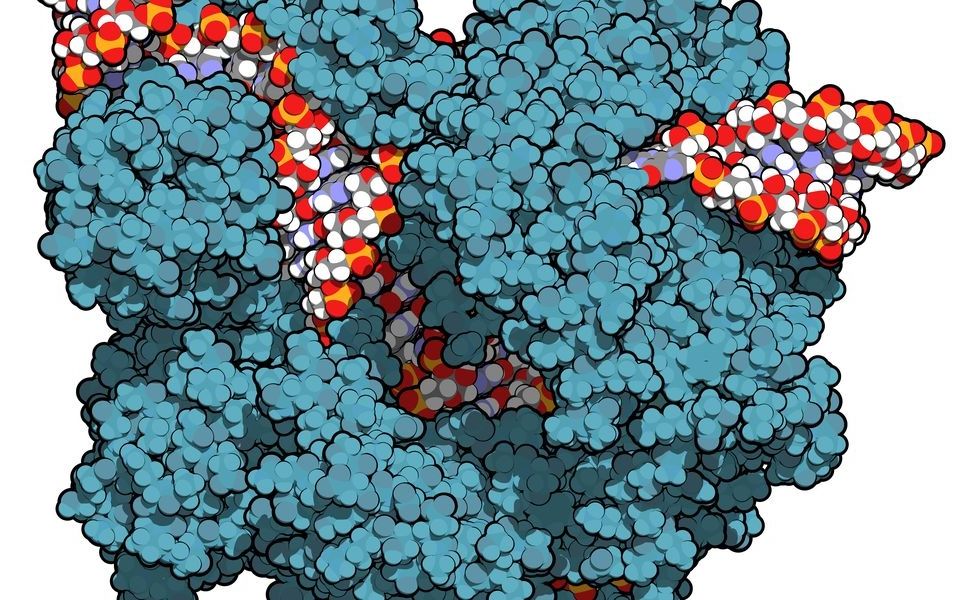Jan 7, 2017
Stem Cell Therapy Injections
Posted by Shailesh Prasad in categories: biotech/medical, life extension
https://www.youtube.com/watch?v=DealmN94tRw
Stem Cell therapy, is one form of Comprehensive Prolotherapy available for arthritis treatment, and other chronic pain conditions at Caring Medical and Rehabilitation Services. Our same-day procedure utilizes a person’s own mesenchymal stem cells from bone marrow or fat cells to treat degenerated joints. In this video, the stem cell therapy treatment is demonstrated on an athlete with severe osteoarthritis of the knee, by Ross Hauser, MD. Dr. Hauser has specialized in comprehensive Prolotherapy and Orthobiologic treatments since 1993 and treated tens of thousands of patients with excellent success, even patients who have failed surgery, knee replacement, or other treatments for arthritis and pain. To make an appointment with one of our specialists or for an opinion on your case and to learn more about our Stem Cell Prolotherapy, visit us at http://www.caringmedical.com/stem-cell-therapy/
Contact our team to tell us more about your case and see if you are a good candidate for our treatments:
